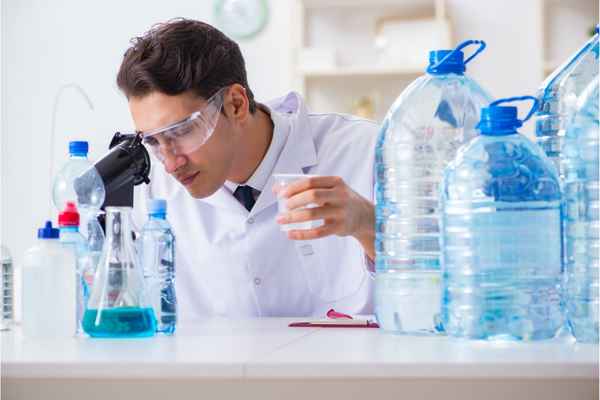A Glimpse into the Lab: A Day in the Life of Water Testing Experts
Behind the scenes of ensuring clean and safe water lies a dedicated team of water testing experts. These professionals work tirelessly in laboratories to analyze water samples, detect contaminants, and provide essential data for safeguarding public health and the environment. In accordance with federal regulations, the school district initiated routine school water testing for lead to ensure the safety of students and staff members. In this article, we take you on a journey into the lab, offering a glimpse into the daily life of water testing experts.
1. Sample Collection and Preparation
The day begins with receiving water samples collected from various sources. Whether from public water supplies, natural bodies of water, or industrial sites, each sample is carefully labeled, logged, and prepared for analysis.
2. Equipment Calibration
Precise testing requires calibrated equipment. Water testing experts meticulously calibrate instruments to ensure accurate measurements, adhering to standardized protocols.
3. Test Selection
Different tests are conducted to detect specific contaminants. Water testing experts select the appropriate tests based on the type of water, potential contaminants, and regulatory requirements.
4. Analyzing Parameters
Water testing involves assessing multiple parameters such as pH, turbidity, dissolved oxygen, heavy metals, and bacteria levels. Each parameter provides valuable insights into water quality.

5. Advanced Testing Methods
Water testing experts employ a range of techniques, from basic chemical tests to advanced technologies like spectrometry and chromatography, to identify and quantify contaminants.
6. Quality Control
Quality control is paramount. Water testing experts run known standards and blanks alongside samples to verify the accuracy of results and identify any potential errors.
7. Data Interpretation
Analyzing test results requires expertise. Water testing experts interpret data, identify trends, and determine whether the water meets regulatory standards or if further actions are needed.
8. Reporting and Documentation
Accurate reporting is essential. Water testing experts compile detailed reports that summarize findings, including the presence of contaminants and their concentrations.
9. Communication
Collaboration is key. Water testing experts often work alongside colleagues, supervisors, and regulatory bodies, sharing findings, discussing challenges, and devising solutions.
10. Continuous Learning
The field of water testing is dynamic. Experts stay updated on emerging contaminants, testing methods, and regulations through continuous learning and professional development.
11. Emergency Response
In crisis situations, water testing experts play a critical role. They provide rapid assessments of water quality to guide emergency response and safeguard public health.
12. Public Outreach
Water testing experts also engage in public outreach and education. They communicate findings, raise awareness about water quality, and empower communities to take action.
Conclusion
The work of water testing experts is indispensable to our well-being and the environment. Their dedication ensures that the water we consume and interact with is safe, clean, and free from contaminants. Through meticulous testing, data interpretation, and collaboration, they contribute to a healthier and more sustainable world.


































